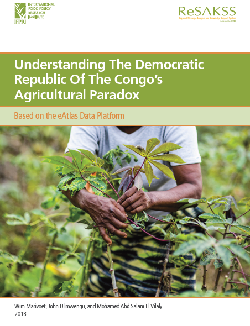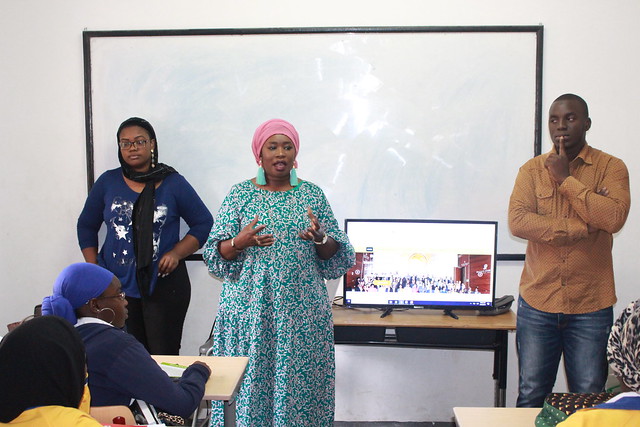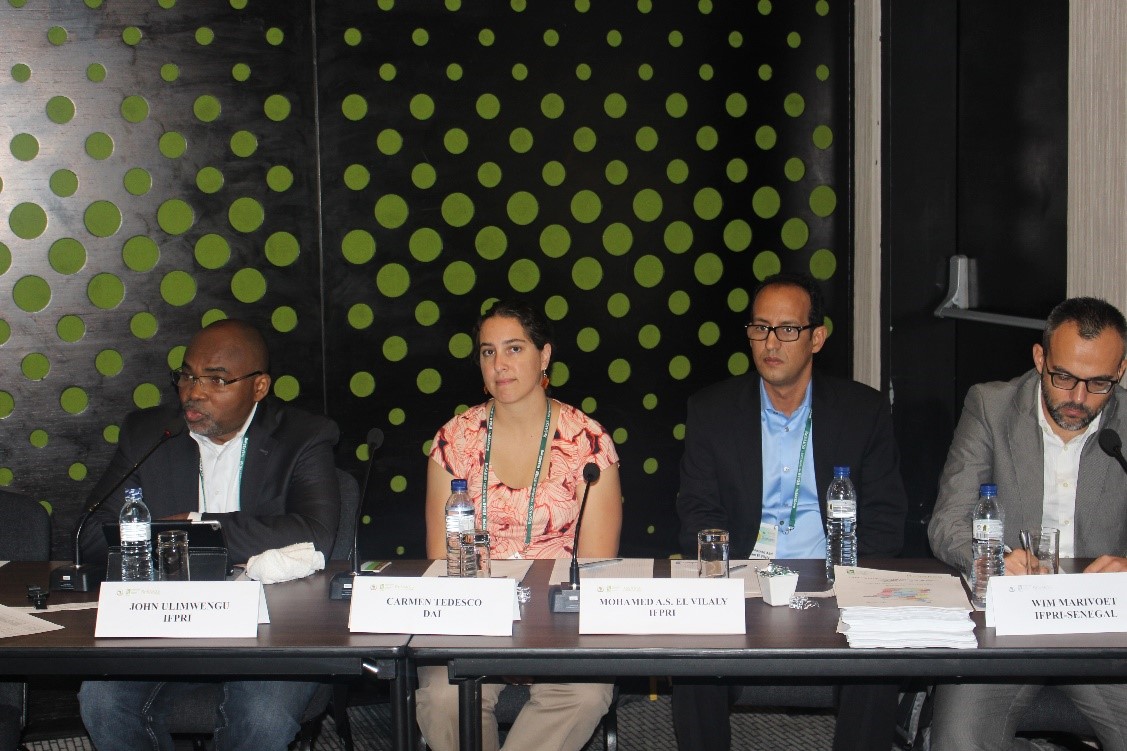The Regional Strategic Analysis and Knowledge Support System (ReSAKSS) supports the successful implementation of the Comprehensive Africa Agriculture Development Programme (CAADP) by providing policy-relevant data, facilitating dialogue among stakeholders, monitoring progress in reviewing goals, and strengthening mutual accountability processes at continental, regional, and national levels.
ReSAKSS fills critical knowledge gaps, helping African countries to assess their progress toward the CAADP goals of allocating 10 percent of the national budget to agriculture and achieving a 6 percent annual agricultural growth rate, as well as progress on ending hunger and halving poverty by 2025. The ReSAKSS Annual Conference is one of the main platforms to promote review and dialogue on the CAADP implementation agenda among policymakers, development partners, researchers, advocacy groups, farmers’ organizations, the private sector, and other key stakeholders from within and outside Africa.
The 2017 conference took place at the Radisson Blu Hotel in Maputo, Mozambique from 25–27 October. The theme of the conference was “A Thriving Agricultural Sector in A Changing Climate: Meeting Malabo Declaration Goals through Climate-Smart Agriculture.”
The following messages from the conference summarize the progress made on CAADP implementation in Africa:
▪ CAADP processes have been widely implemented across the continent. Moreover, countries that started implementing CAADP early have implemented most of the processes which are considered to safeguard success.
▪ Most CAADP indicators have trended in the expected direction since 2003. General improvements over time have been observed in agricultural productivity and value-added growth, intra-African agricultural trade, and reduction of poverty, child malnutrition, and adult undernourishment.
▪ Only a handful of countries achieved the 10 percent CAADP budget share target in 2008-2016. The absolute level of public agricultural expenditures declined during 2008-2016 due in part to the global financial crisis in 2008.
▪ ReSAKSS and IFPRI have been providing countries with a technical assistance package for next generation NAIP formulation that includes i) a NAIP toolkit document; ii) training of over 200 local experts to provide analysis on various Malabo Declaration themes; and iii) analytical support to establish baselines and examine required targets to meet Malabo agricultural growth and poverty reduction goals.
▪ Thus, AUC/NPCA will meet with RECs following the conference to come up with a NAIP roadmap with clear objectives and timelines that can align well with country processes. A key goal of the AUC/NPCA will be to ensure that by the next Biennial Review (BR) all countries have refreshed or formulated next generation NAIPs.
▪ Cross-country learning during NAIP formulation is important for example in learning how other countries are bringing in the private sector to support NAIP implementation, addressing Malabo/CAADP targets, and ensuring that the process is inclusive and country owned.
▪ The coordination role played by RECs was important in helping to move the BR process across countries. Moreover, the process was a collective effort involving many stakeholders starting with key leadership from AUC/NPCA working in collaboration with RECs, member states, and several technical partners.
▪ The role of non-state actors, especially civil society and the private sector, should be broadened during the next BR cycle and non-state actors should be more proactive in supporting the process, playing an advocacy role, and helping to reduce any disconnect between technical and political actors.
▪ There is need to strengthen data collection and analysis systems in countries and promote country ownership of the process including through countries having dedicated budget lines to finance the BR process. There is also a need to enhance donor alignment and coordination mechanisms like agriculture joint sector reviews and agriculture sector working groups.
▪ Mobilization of local expertise is necessary to help bridge the research and policy divide by linking the supply of data, knowledge, and analytical capacities to policymaking.
▪ The setting up of a local analytical network as part of Senegal’s Strategic Analysis and Knowledge Support System (SAKSS) underscored the need for a well-coordinated process starting from the selection of members based on experiences and expertise to the signing of a collaboration contract. Other key ingredients for success include frequent engagement with members to build their ownership of the network and adequate budget and human resources to operationalize the network.


